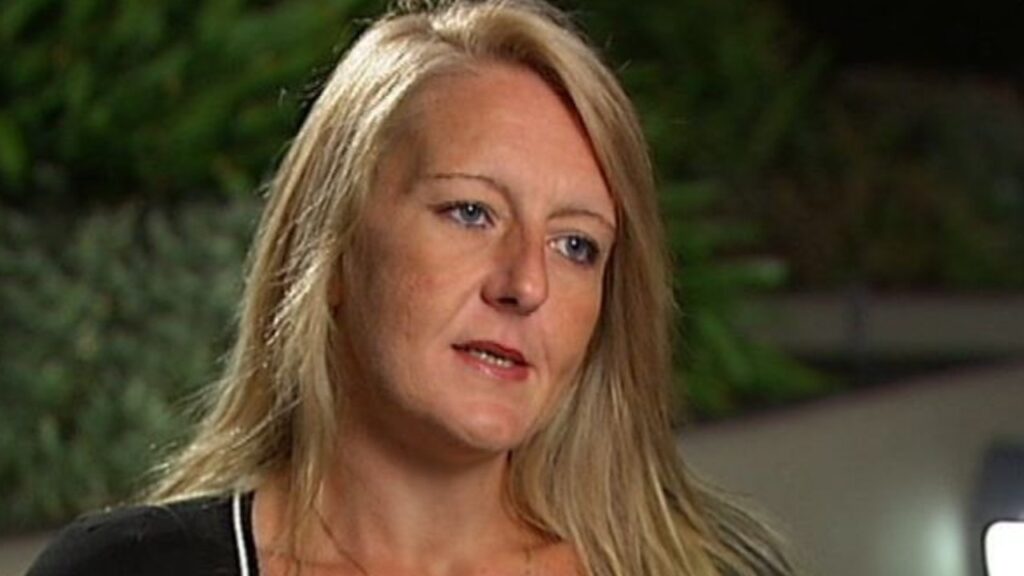‘Failing the nation’: Labor stalwart and former senator Doug Cameron unleashes on housing crisis inaction
Written by admin on May 24, 2024
Labor Party stalwart Doug Cameron has unleashed on governments responsible for decades of poor policy decisions that have “failed the nation”, resulting in a dire housing crisis.
And he called on powerbrokers in Canberra to ignore “scare campaigns by vested interests” to reform controversial tax perks like negative gearing and capital gains discounts for property investors.
Mr Cameron is co-commissioner of Australia’s first-ever People’s Commission into the Housing Crisis, which has received hundreds of submissions and is hearing public testimonies over two days.
The former senator for New South Wales, who was Labor’s spokesman on housing and homelessness in opposition for three years until his retirement in 2019, slammed those who use the crisis as a “political battering ram”.
“We have received many submissions calling for the abolition of or changes to negative gearing and capital gains tax relief,” Mr Cameron said at the opening of public hearings.
“Unfortunately, a massive political scare campaign by vested interests derailed what should have been sensible and equitable tax reform. Hopefully we can be mature enough in the future to have a sensible debate about housing-related tax reform.
“Intelligent, progressive and necessary change should not be used as a political battering ram.”
Nor should linking housing shortages and undersupply to low immigration, Mr Cameron added, in reference to opposition leader Peter Dutton’s recent pledge to slash migration numbers should the Coalition win government.
The policy is “yet another example of the immaturity of the housing debate within Australia”, Mr Cameron said.
He said lowering the immigration rate isn’t “a magic bullet that would unlock supply and [improve] affordability”.
“We need better than scare campaigns with racial undertones if we are to resolve the massive social costs related to affordable housing.”
Mr Cameron also criticised the government’s decision to keep its housing portfolio within Treasury – a “bad decision” that reflects the systemic issues at play.
“Treating housing as just another commodity … limits options for innovative solutions. This flawed approach treats housing as an economic issue and a vehicle for wealth accumulation, instead of a fundamental driver of social cohesion, and an enabler to build a good society.”
Instead, housing should sit within the infrastructure portfolio because “there is no more important infrastructure than housing”.
‘A failed housing system’
The current state of Australia’s housing system is the “perfect example of market failure” that has resulted in overpriced and unaffordable homes, particularly for low- and middle-income Australians, Mr Cameron declared.
“The housing system is a major contributor to the unequal distribution of wealth. The system is dividing Australia into those who have access to home ownership and those who never will.
“Affordable, secure and fit-for-purpose rentals are almost non-existent for low-income Australians and those who rely on social security payments to survive.”
A situation where families go hungry, older women sleep in their cars and young people couch-surf in order to survive is not what a successful Australian society looks like, he said.
“No one should be required to go hungry to pay the rent or the mortgage. No one should be left without affordable housing that provides security, warmth and comfort. Affordable housing is essential for a safe, healthy and secure future. No one should be denied these basic rights.
“We are a rich country. We should spend those riches making sure, that everyone has a fair go.”
Decades of policy failure has “resulted in the demise of public housing as a common good” and government inaction is “failing the nation”.
“This, coupled with preferential tax treatment for property owners, has resulted in poverty, anxiety and social dislocation. Far too many Australians live in rental or mortgage stress.”
‘Major contributor to the crisis’
Mr Cameron said the erosion of public housing investment by successive governments is a “major contributor” to the crisis Australia faces today.
“One of the great social and political disasters of the last few decades has been reducing public housing to residual housing where our most socially and financially disadvantaged citizens are congregated,” he said.
Neglect of public housing stock has seen social issues arise, fuelling a stigma held by many.
A recent report by the Australian Housing and Urban Research Institute revealed the negative views many in the country have of public housing.
Referencing the report’s “distressing” findings, Mr Cameron said public housing has come to be associated with “crime and criminality, disorder, anti-social behaviour, welfare dependency and oppression of a detached underclass, unwilling or unable to engage with labour market opportunities or mainstream norms and values”.
“What a terrible analysis. This is a distressing generalisation that allows governments to abandon increased investment in public housing.”
Those negative perceptions are the result of governments progressively abandoning their obligations to provide affordable public housing supply in favour of market-based approaches that “fail low- and middle-income Australians”.
“This in turn creates a self-fulfilling situation where public housing is seen by many as a form of housing that should be avoided.”
Learn from the past
A huge number of people are desperate to live in affordable and secure public housing but there simply isn’t enough to meet demand.
Nationally, an estimated 170,000 people are on public and social housing waitlists.
“In my view it is the responsibility of governments to learn the lessons of post-war Australia where public housing was used to reduce poverty, address deteriorating housing conditions and as a necessity to advance the economy.
“Restoring public housing as a legitimate and important component of the Australian housing sector must be a priority for all governments.”
Mr Cameron said decades of underinvestment in housing won’t be resolved in the government’s first term and noted that progress has been made, pointing to the $25 billion investment in a range of policy measures.
“However, continuous policy improvement and increased investment in public and community housing should be a priority,” he said.
“Protecting vulnerable Australians from poverty and mortgage and rental stress should be a bread-and-butter issue for all Australian governments.”
‘Outsourcing its responsibility’
Mr Cameron also took aim at the trend of recent decades of gouging public housing investment and pushing the burden onto community housing providers.
More Coverage
It’s a sector that relies on insufficient public funding and lacks the financial means to increase its capacity to levels that are needed, he added.
“The community housing sector has been a proxy for public housing. The sector has been used by governments to justify abandoning its responsibility to provide what is a basic human right.
“I have great admiration for the professional, dedicated people in the community housing sector. Nevertheless, they face significant challenges that should be addressed by governments investing in both community and public housing.”






